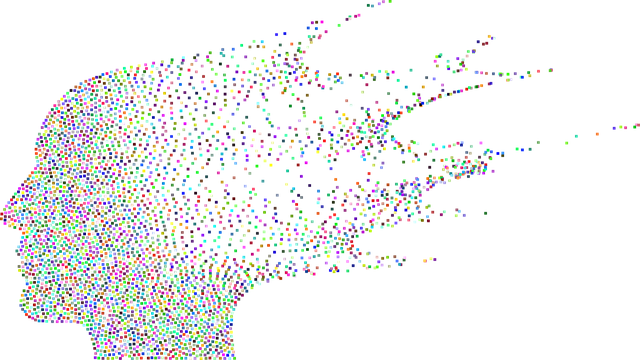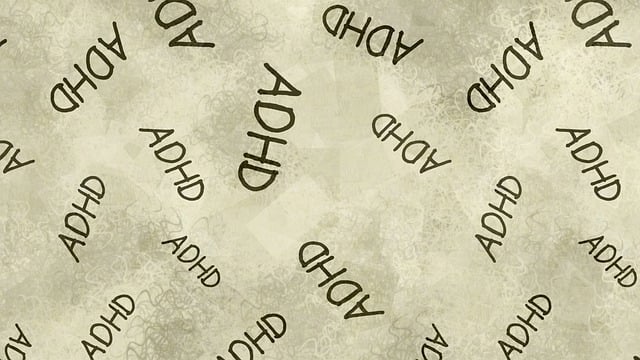Lafayette Parenting Skills Therapy leverages mental health data analytics to offer personalized therapeutic approaches. By interpreting indicators from assessments and surveys, therapists gain insights into family dynamics, enabling them to develop tailored programs for improved mental wellness outcomes. Cultural sensitivity ensures accurate interpretation while mental health awareness initiatives encourage open discussions and support-seeking behaviors. Effective communication techniques simplify complex findings, empowering clients during their healing journey. Risk Management Planning combines data insights with Mood Management techniques to create targeted Self-Awareness Exercises, enhancing therapy success.
Mental health data analysis is a powerful tool for professionals, especially in parenting skills therapy like Lafayette Parenting Skills Therapy. This article delves into the critical process of understanding and interpreting mental health data, offering a comprehensive overview for therapists. We explore how analytics can personalize therapy for parents, providing insights to enhance client outcomes. Through effective communication strategies, therapists can guide clients in navigating results, fostering growth, and improving overall well-being.
- Understanding Mental Health Data: A Comprehensive Overview
- The Role of Analytics in Personalized Therapy for Parents
- Interpreting Results: Strategies for Effective Communication with Clients
Understanding Mental Health Data: A Comprehensive Overview

Understanding mental health data is a multifaceted process that involves comprehending various indicators and metrics to gain insights into individuals’ psychological well-being. This data, collected through assessments, surveys, and clinical observations, serves as a powerful tool for professionals like those at Lafayette Parenting Skills Therapy. By analyzing trends and patterns, therapists and healthcare providers can identify prevalent mental health issues within communities, track treatment effectiveness, and make informed decisions to enhance care delivery.
Cultural sensitivity in mental healthcare practice plays a crucial role in interpreting data accurately. Recognizing the impact of cultural background on mental health expression is essential for healthcare provider cultural competency training. This ensures that the collected data reflects the diverse experiences and needs of various populations, enabling more personalized and effective interventions. Mental health awareness initiatives also contribute to better data collection by fostering open discussions around psychological well-being, breaking down stigma, and encouraging individuals to seek support.
The Role of Analytics in Personalized Therapy for Parents

In the realm of Lafayette Parenting Skills Therapy, data analytics plays a pivotal role in tailoring therapeutic approaches to individual family dynamics. By meticulously analyzing patient data, therapists can gain profound insights into the unique challenges and strengths within each household. This analytical process involves examining various factors such as communication patterns, conflict resolution strategies, and emotional intelligence levels—all crucial aspects that contribute to mental wellness coaching programs development.
The integration of analytics enables therapists to offer personalized interventions. For instance, identifying areas of coping skills development through data can help parents acquire effective strategies to manage stress and resolve conflicts peacefully. Such tailored therapy sessions have been shown to significantly enhance family relationships and overall mental health outcomes. Moreover, regular data interpretation allows therapists to monitor progress, adjust treatment plans, and ultimately facilitate a more profound and lasting transformation for families seeking support in their parenting skills.
Interpreting Results: Strategies for Effective Communication with Clients

When interpreting the results of mental health data analysis, effective communication with clients is paramount. This involves translating complex findings into accessible language that fosters understanding and engagement. For instance, using analogies or simple graphs can help clients grasp their progress in areas like mood management. At Lafayette Parenting Skills Therapy, therapists employ this strategy to empower individuals during their healing journey.
Additionally, integrating Risk Management Planning for Mental Health Professionals ensures safe and informed discussions. By combining insights from data analysis with knowledge of Mood Management techniques, therapists can tailor Self-Awareness Exercises to meet clients’ unique needs. This holistic approach not only enhances communication but also significantly contributes to the overall success of therapy.
Mental health data analysis plays a pivotal role in enhancing therapeutic outcomes, especially in personalized therapy approaches. By understanding and interpreting this data effectively, therapists at Lafayette Parenting Skills Therapy can tailor interventions to meet individual client needs. Through strategic communication and utilizing interpretation strategies outlined in this article, professionals can ensure clients understand their mental health assessments, fostering engagement and empowerment on their journey towards well-being.














